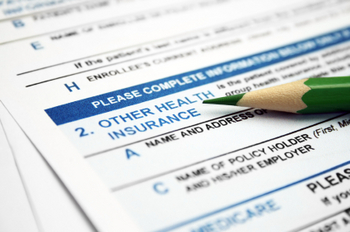
$109 million awarded to help state review programs.
The U.S. Department of Health and Human Services (HHS) awarded $109 million in Affordable Care Act grants to 28 states and the District of Columbia to fund state programs that will review insurance company premium hikes. Announcing the grant awards last month, HHS Secretary Kathleen Sebelius stated “We’re committed to fighting unreasonable premium increases and we know rate review works.”
The grant funds will help states expand rate review programs to include new markets and products as well as increase rate filing requirements for health insurers. States will also use the funds to develop online rate reporting systems and analyze rate data.
An HHS report released the same day as the grant awards explained the need for rate review by highlighting the rapid increase in health insurance premium rates between 1999 and 2009. During this period, employer-sponsored insurance rates for the average family increased by over $7,500 while wages and cost of living flat-lined. The report noted that rate increases did not correspond to increases in health care costs and that insurance companies continued to report strong profits during this period.
In spite of the attention and financial resources devoted to state rate review, it is unclear how much power state or federal regulators actually have to influence rates. Even if an insurance hike were found to be unreasonable, some have argued the state has no legal authority to stop an insurer from instituting a rate increase. In the end, rate reviews may simply rely on public disclosure of increases to deter insurers from making unreasonable changes.
The Affordable Care Act authorized a total of $250 million in rate review grant funding; the recent awards are part of the second cycle of fund distribution.



